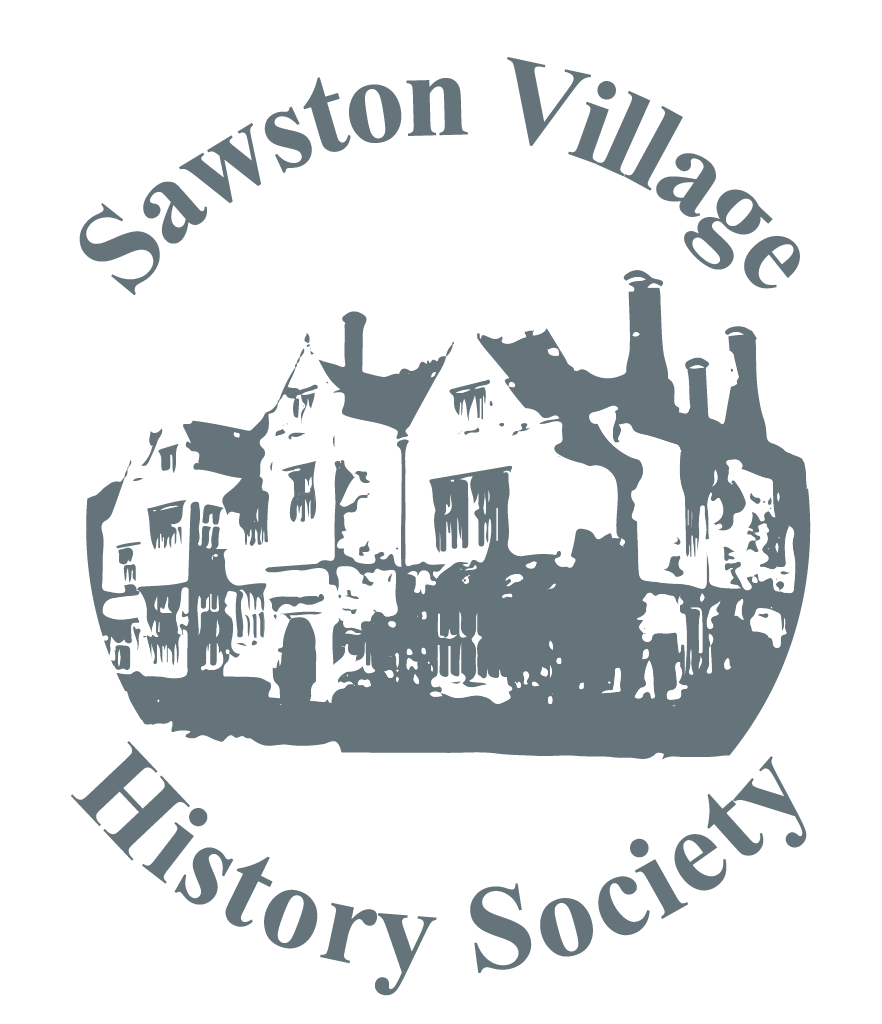
The guest speaker at this meeting was Dr Shirley Wittering who gave an enjoyable talk entitled "This Enclosure business". Her doctoral thesis (which she completed when most people are comfortably retired) examined the effects of Parliamentary enclosure on the economy, landscape and ecology of South Cambridgeshire.
She started her presentation by quoting a letter from Ferdinand Huddlestone to his solicitor, Christopher Pemberton: "Mr Martindale says that Gosling is willing to come into this enclosure business provided he is able to nominate a Commissioner." Fortunately, the files of Pemberton, based in Trumpington, have survived giving much valuable behind the scenes insight into how the Enclosure Acts, passed by Parliament from about 1760 to 1840 were implemented, especially in South Cambridgeshire. Typically each parish had about 3 commissioners who were usually lawyers or surveyors. These commissioners often held public meetings, usually in public houses where there was refreshment readily available. This perhaps begs the question as to whether the decisions were affected by the quantity of liquid refreshment consumed! Ideally, these public discussions would result in each claimant having an equitable redistribution of land so they ended up having a relatively large portion of land in one place rather than several smaller portions in different places. However, this land redistribution often meant that farmers lost their rights for grazing sheep and cattle on common land. The number of animals allowed on the common land was controlled by stinting regulations restricting the number and type of animal. The right for farmers to keep sheep, or the "Right of Sheepwalk" was clearly specified as sheep played a very important role in fertilising the land and controlling undesirable plant growth.
The effect on the landscape following the implementation of the enclosures was often very marked. Hedges were removed and replaced with fast growing hawthorn hedges, many roads and footpaths were closed, and often straight roads were made following the new field boundaries. The planting of hedges, or quicking, and the digging of boundary ditches provided profitable employment for many. In Thriplow, 33 roads, bridleways and footpaths were closed, leaving only 3 unchanged. Naturally, all this led to numerous disputes which was the commissioners unenviable job to sort out. It appears that many disputes originated from Sawstonians, evidently an awkward lot even then!
Shirley’s talk gave a fascinating insight into the effects the implementation of the Enclosure Acts had on the ordinary people and on the landscape. Much of this information was only available from a careful scrutiny of documents, most of which have been lost but fortunately can sometimes still be recovered from the forgotten archives of established solicitors.
The Society has an archive room which is open every Monday morning at the Sawston Parish Council Office in Link Road. Our archivists Bryan Howe and Andrew Little will be delighted to help out with any queries relating to Sawston past and present.